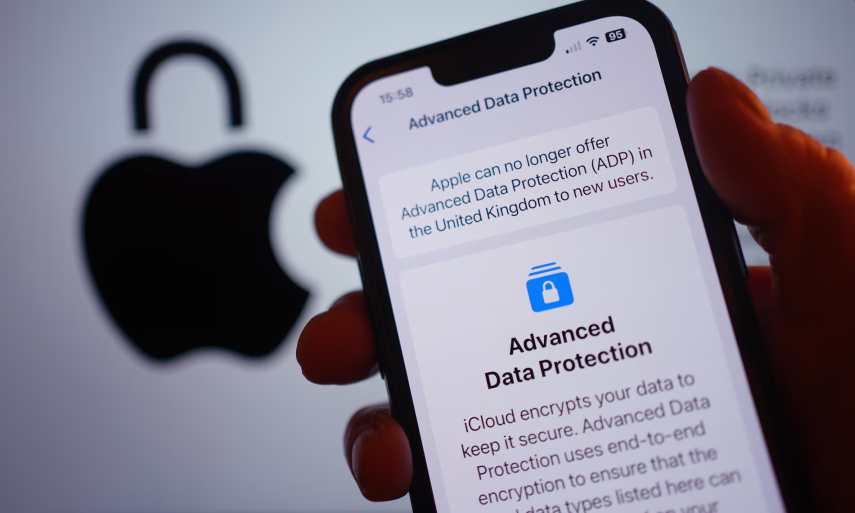Apple wins legal battle against UK’s attempt to hide iPhone backdoor appeal from the public

Apple has won a legal battle against the UK government’s attempt to keep its iPhone backdoor appeal under wraps.
On Monday, the UK’s Investigatory Powers Tribunal rejected the government’s effort to keep details of a court hearing hidden from the public. The case centers on Apple’s pushback against a demand to build a “backdoor” into its iPhones, allowing government access to encrypted user data.
The ruling comes less than two months after Apple gave in to pressure from the UK Labour government and pulled its strongest data security feature for users in the country — leaving messages, photos, and other personal data more exposed to government access.
Apple filed an appeal after being asked to give UK officials a way into data protected by its Advanced Data Protection (ADP) system. This feature offers end-to-end encryption for a wide range of iCloud data — and it’s something the company has been adamant about preserving.
The UK government claimed that making the hearing public could threaten national security. But judges Rabinder Singh and Jeremy Johnson weren’t having it. In their ruling, they said the move “would be the most fundamental interference with the principle of open justice,” and added that keeping the hearing secret “without any public revelation” would have been “truly extraordinary,” CNBC reported.
Apple had already pulled the ADP option for UK users in February, citing the government’s order. In a blog post at the time, the iPhone maker wrote:
“We have never built a backdoor or master key to any of our products or services and we never will.”
“We are deeply disappointed that our customers in the UK will no longer have the option to enable Advanced Data Protection (ADP), especially given the continuing rise of data breaches and other threats to customer privacy.”
The UK’s Home Office didn’t respond to a request for comment.
This case is just the latest example of ongoing tension between tech companies and governments over encryption. Officials in the UK, US, and EU have long expressed frustration with encrypted platforms, arguing they make it harder to catch criminals. Privacy advocates and tech firms argue the opposite — that weakening encryption creates far greater risks for everyone.
For now, Apple’s stance on not building backdoors remains unchanged. The company said it still hopes to offer ADP to UK users in the future — if it gets the chance.





